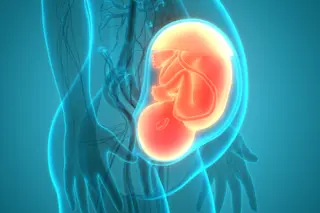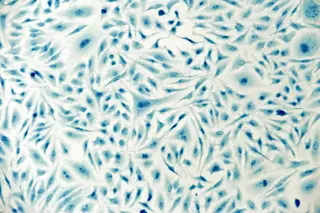There's been a mild debate in the literature about the human mutation rate recently. I assume it will reach some consensus within the next few years, but until then Nature Reviews Genetics has published something which lays out the implications in precise fashion for a slower mutation rate. Revising the human mutation rate: implications for understanding human evolution:
The four key points may be summarized as follows. First, the divergence between modern humans and both Neanderthals and Denisovans, which was originally estimated to be 272,000–435,000 years ago, is revised to 400,000–600,000 years ago. This is in better agreement with the range of estimated split times from mtDNA and also with the idea that the ancestral population of these groups may have been H. heidelbergensis. Second, for the split between the Khoe–San and other modern humans, revised estimates from nuclear genomic data suggest a divergence 250,000–300,000 years ago, older than single-locus ...













